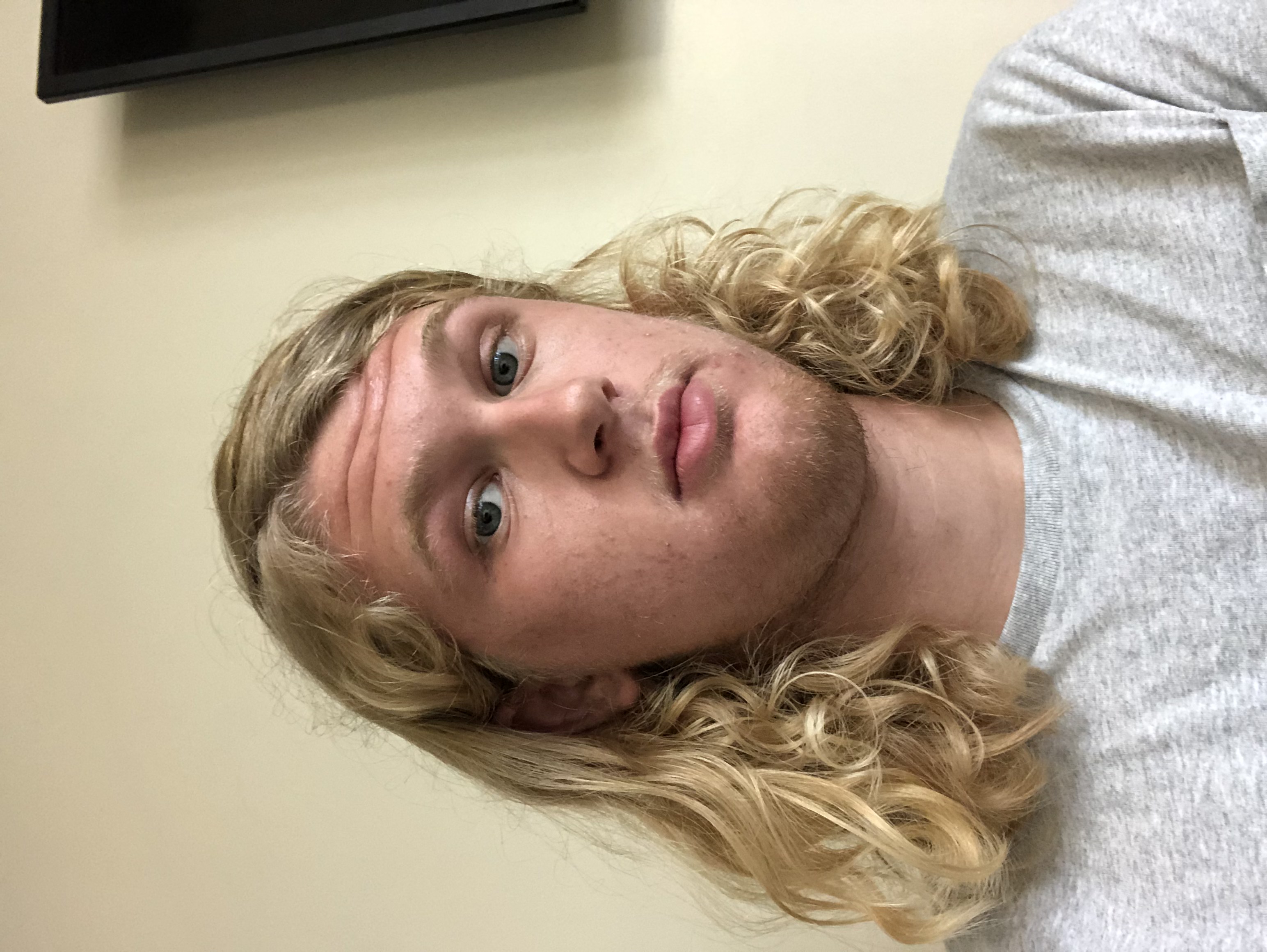Research Symposium
22nd annual Undergraduate Research Symposium
Samuel Domsch Poster Session 5: 1:30 - 2:15/Poster #54

BIO
I am a sophomore actuarial science student from Austin, Texas doing research in the College of Education. My current career goals include becoming an actuary which is a professional who calculates risk and uncertainty in the insurance industry. I decided to pursue research in the college of Education because I have had a lot of strong high school teachers who were really good at their jobs. I wanted to discover what specifically made these teachers good at their jobs and how they could help other teachers improve their performance in the classroom.
Exploring Science Teacher's Perceptions About Co-Design Process Focused on Classroom Assessment Tasks
Authors: Samuel Domsch, Ozlem Akcil OkanStudent Major: Actuarial Science
Mentor: Ozlem Akcil Okan
Mentor's Department: Teacher Education Mentor's College: Education Co-Presenters: Elena Malchevskaya, Sarah Ghali, Jennifer Lafortune
Abstract
The Next Generation Science Standards (NGSS) is a set of education standards used across disciplines and grades in the United States to provide students with an internationally benchmarked science education rich in content and practice. The primary purpose of NGSS is to create a common standard for teaching in the U.S. and help in fostering a greater interest in science among students. Classroom-based performance assessments are embedded into classroom instructions to provide teachers with insight into how their students understand the material taught in class and monitor the development of their thinking skills. Three-dimension (3-D) assessments allow teachers to evaluate and monitor students’ progress during the course and use the evidence to offer targeted support catered to the student’s needs. While numerous states and school districts seek to find class-based performance assessments that support their goals for effective science instruction and NGSS guidelines, few quality assessments exist. This research introduces an accessible and receptive co-design process that focuses on five critical points that advantage their expertise. Seven 8th grade science teachers from an urban district participated in ten co-design meetings over six months. In this study, the teachers’ experiences regarding the co-design meetings and the way they perceived the co-design meetings were examined through the usage of interview protocol questions used to elicit teachers to think about their experiences during the meetings.
Keywords: Education Teacher Collective
